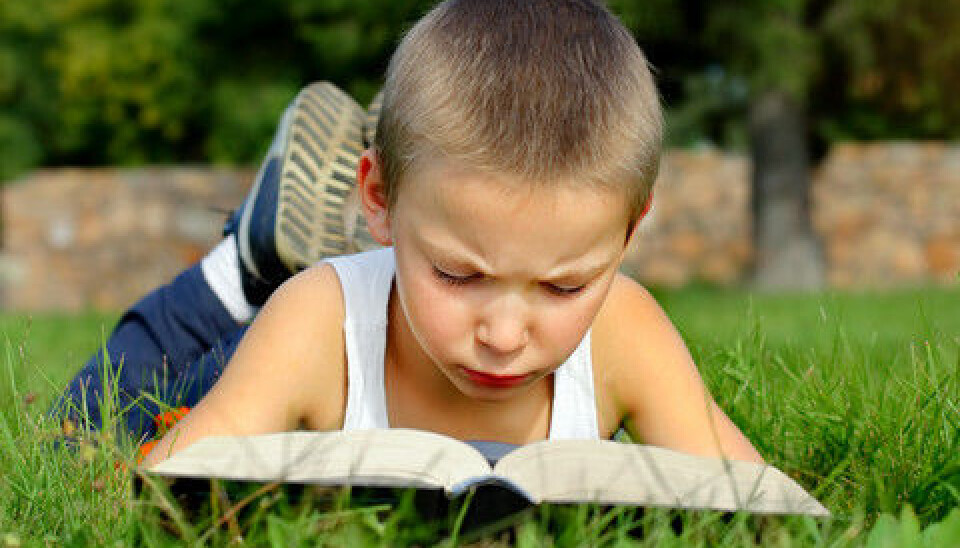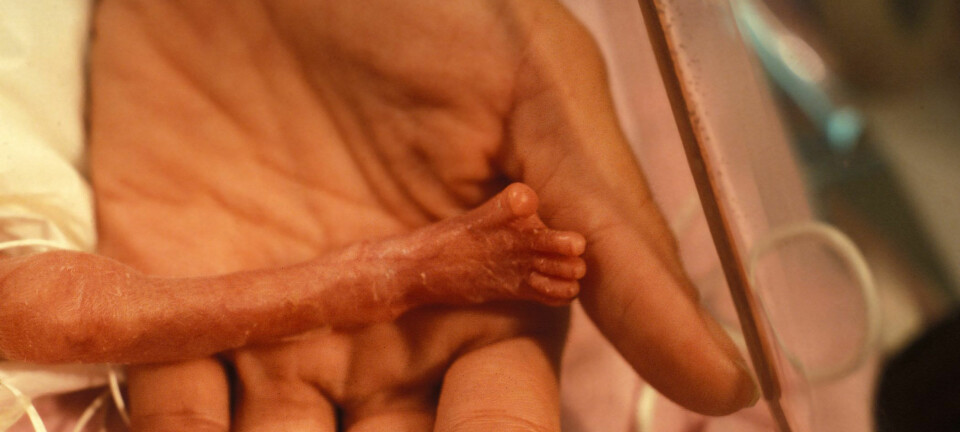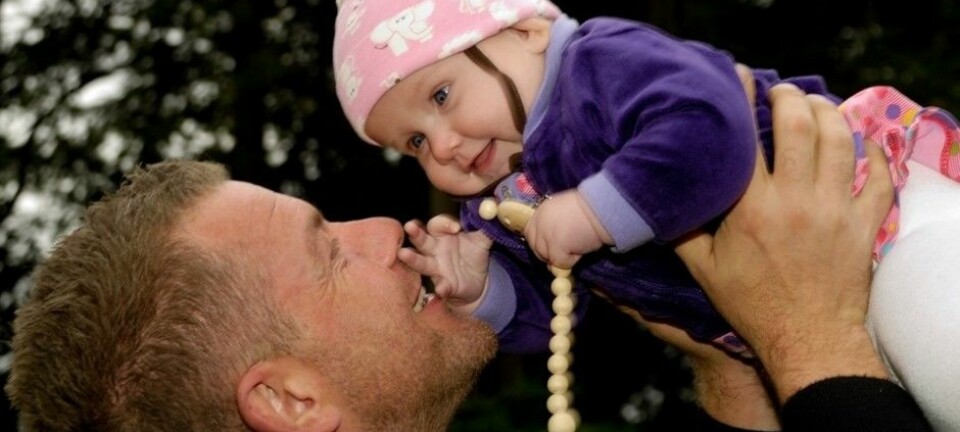
Adopted children have higher IQs than their non-adopted siblings
New study illustrates how crucial adolescence is for the development of our IQ potential.
IQ, or intelligence quotient, is a measure of how able we are to think abstractly and solve complex logical tasks. These skills can benefit us in many ways.
A new Swedish-international study, published in the scientific journal Proceedings of the National Association of Sciences, shows that adopted children in Sweden perform better in IQ tests than their non-adopted siblings.
Biological siblings on average have the same IQ development potential from birth, and therefore the difference is probably an expression of environmental impact, concluded the researchers behind the new study.
"It’s likely that the adoptive parents have higher socioeconomic status than the biological parents. Therefore, adopted children often have better conditions during childhood, and it is reflected in the children's IQ," writes Chief Research Officer of the new study, Professor Kristina Sundquist from Lund Univeristy, Sweden, in an email to ScienceNordic.
Professor Anders Holm, who studies social heritage at the University of Copenhagen, has read the article and agrees that the difference is probably due to environmental influences.
"As a rule, adoption services are usually something that people choose because they [the biological parents] lack the resources to provide for the child themselves and the adopted child therefore is often placed in a better functioning environment," says Holm.
Biology still plays a major role in IQ
Between 20 and 40 per cent of the variation in intelligence between individuals in a population can be explained by environment and upbringing, but that still leaves our biological origins as the main indicator of how high we score on the IQ scale. So says Anna Vedel, a Ph.D. student at the Department of Psychology at the University of Aarhus, Denmark.
"Our IQ is more hereditary than determined by our environment. We inherit the potential to reach an IQ level, and our upbringing can help us reach it to a greater or lesser degree," says Vedel. She has not been involved in the new study, but studies personality traits and intelligence.
Swedes assess IQ in the military
In the study, the research team from Lund University and the University of Virginia and Virginia Commonwealth University in the USA, analysed results of IQ tests from 436 pairs of biological Swedish brothers and 2,341half-brothers, where one of them grew up with adoptive parents. IQ tests were made when the men enrolled in the military. They were between 18 and 20 years old when they took the test.
The results of the military IQ tests showed that those given up for adoption scored, on average, 4.41 IQ points higher than their biological siblings. The difference is small but enough to be statistically significant.
When looking within the adopted family, the adopted half-siblings, scored 3.18 IQ points higher than their half-siblings.
"The results fit well with other research of a similar nature. The strength here is that the study is based on a wide section of the Swedish population,” says Vedel.
“Socioeconomic status of the biological parents in the study was close to that of the adoptive families. Therefore, the difference [in IQ] is not that much bigger. If the investigation were made in the USA, we could have seen a much larger difference between the siblings. We know from previous studies that when adopted children make a larger a jump in socioeconomic status they also make a larger jump in IQ," she says.
Adoptive parents involvement may explain the higher IQs
Part of the difference in the brothers' IQ may well be the commitment of adoptive parents and not necessarily their socio-economic status, says Vedel.
"It can be a struggle for aspiring adoptive parents to get through the whole adoption process. Therefore, those who make it may also be very keen and committed parents. It can have a positive impact on the child's wellbeing and development," she says.
She estimates that the small difference in IQ between the two groups is probably not important for the young men’s future.
"Four or five IQ points probably don’t make much difference in the children's future. But one can say that it’s indicative of the positive affects that adoption can have on a child’s development," says Vedel.
----------------------
Read the Danish version of this article on Videnskab.dk
Translated by: Catherine Jex











